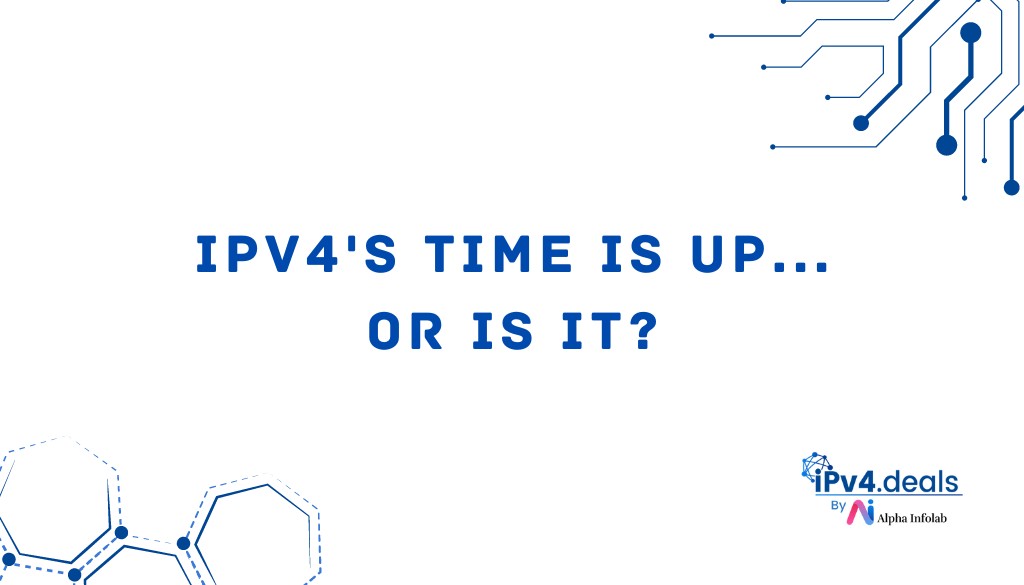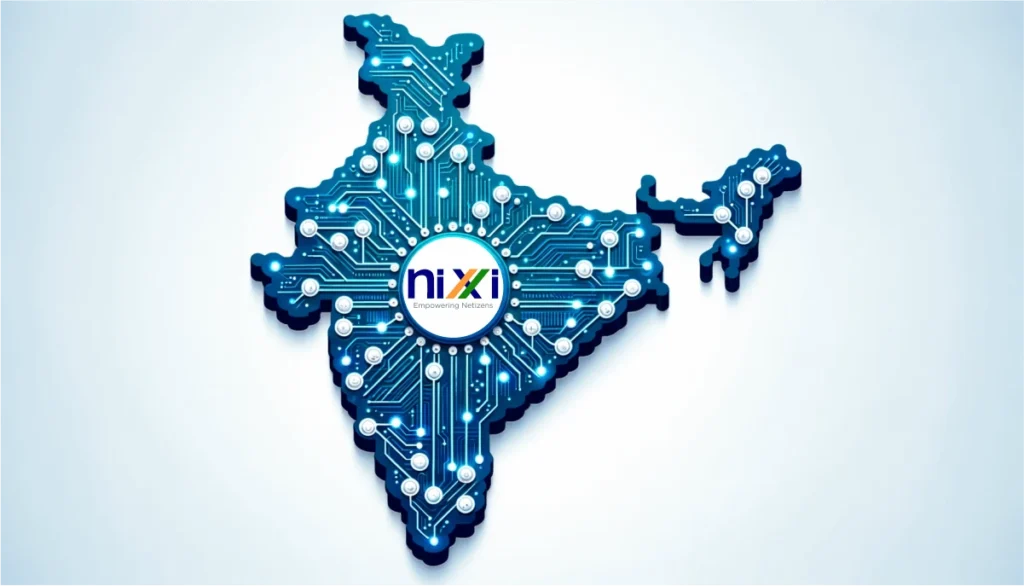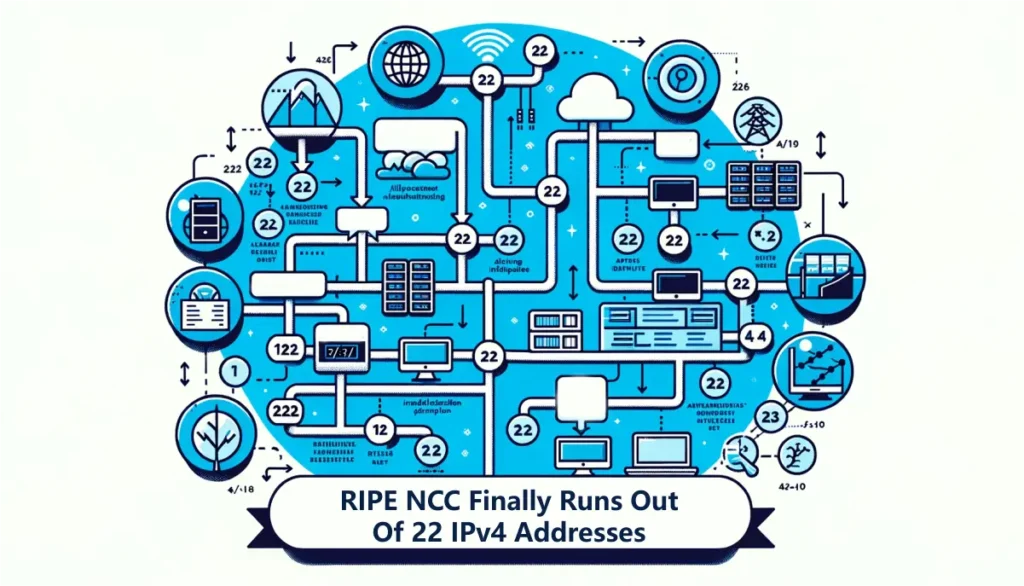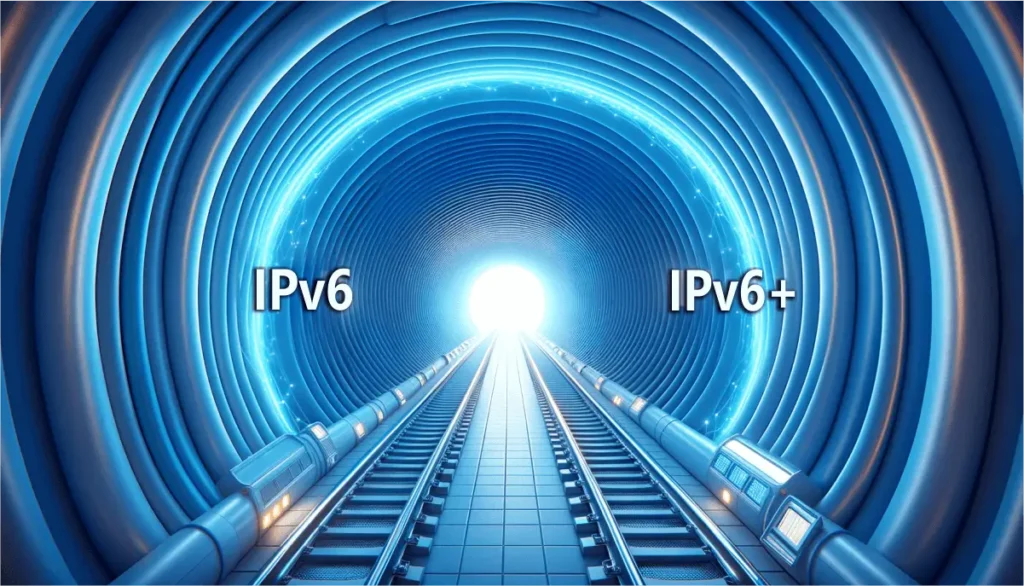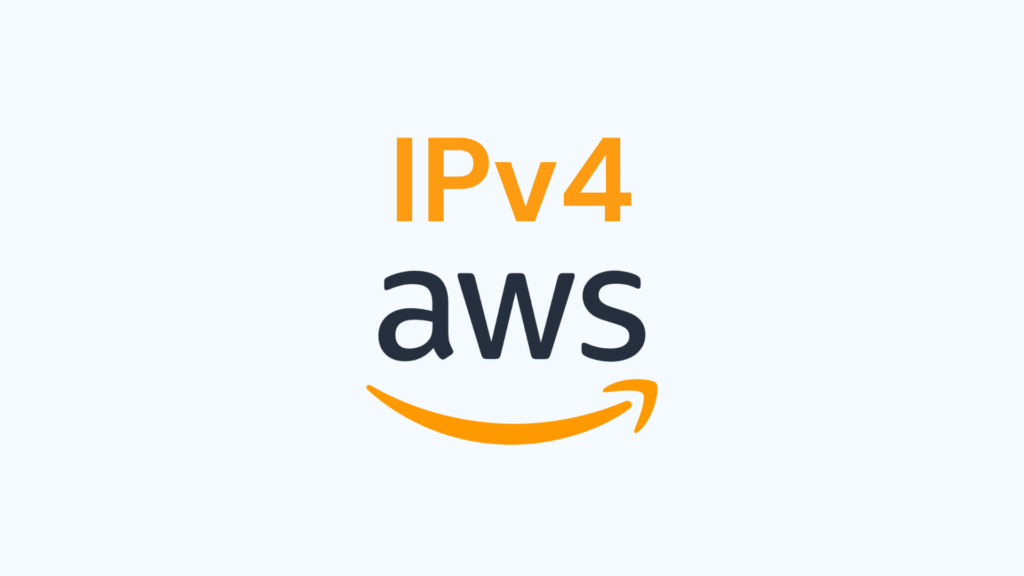With the Czech government’s recent resolution to discontinue IPv4 in favor of IPv6 for state-provided web services, a significant question arises: Are we witnessing the end of IPv4?
The truth is nuanced. While this move by the Czech government, as reported by CZ.NIC and echoed by discussions in the APNIC community, highlights a robust push towards IPv6, it does not mean IPv4 will be immediately phased out. This step is part of a broader, gradual shift to IPv6, acknowledging the complexity and extended timeline required for a full transition.
IPv6 was developed to address the exhaustion of IPv4. Despite this, the transition has been slow. According to APNIC Labs, global IPv6 adoption stands at 36%, with the Czech Republic at around 22%. These figures, while promising, indicate that IPv4 is far from obsolete.
Why the Czech Initiative Matters
The Czech Republic’s move is strategic, addressing not just the shortage of IPv4 addresses but also aiming to enhance digital infrastructure security. By reducing dependence on IPv4, the initiative seeks to lower security risks inherent in operating both protocols simultaneously and supports the adoption of next-gen technologies like 5G and IoT. This approach serves as a model for other countries, particularly in Central Europe, where IPv6 adoption lags.
So, Is IPv4 Still Relevant?
Yes, particularly because the shift to IPv6 is expected to take many years. IPv4 addresses are still in high demand due to the need for operational compatibility, and a smooth transition to IPv6 over the next (more than) few years.
The time for IPv4 might be ticking, but its role in the internet is far from over.

